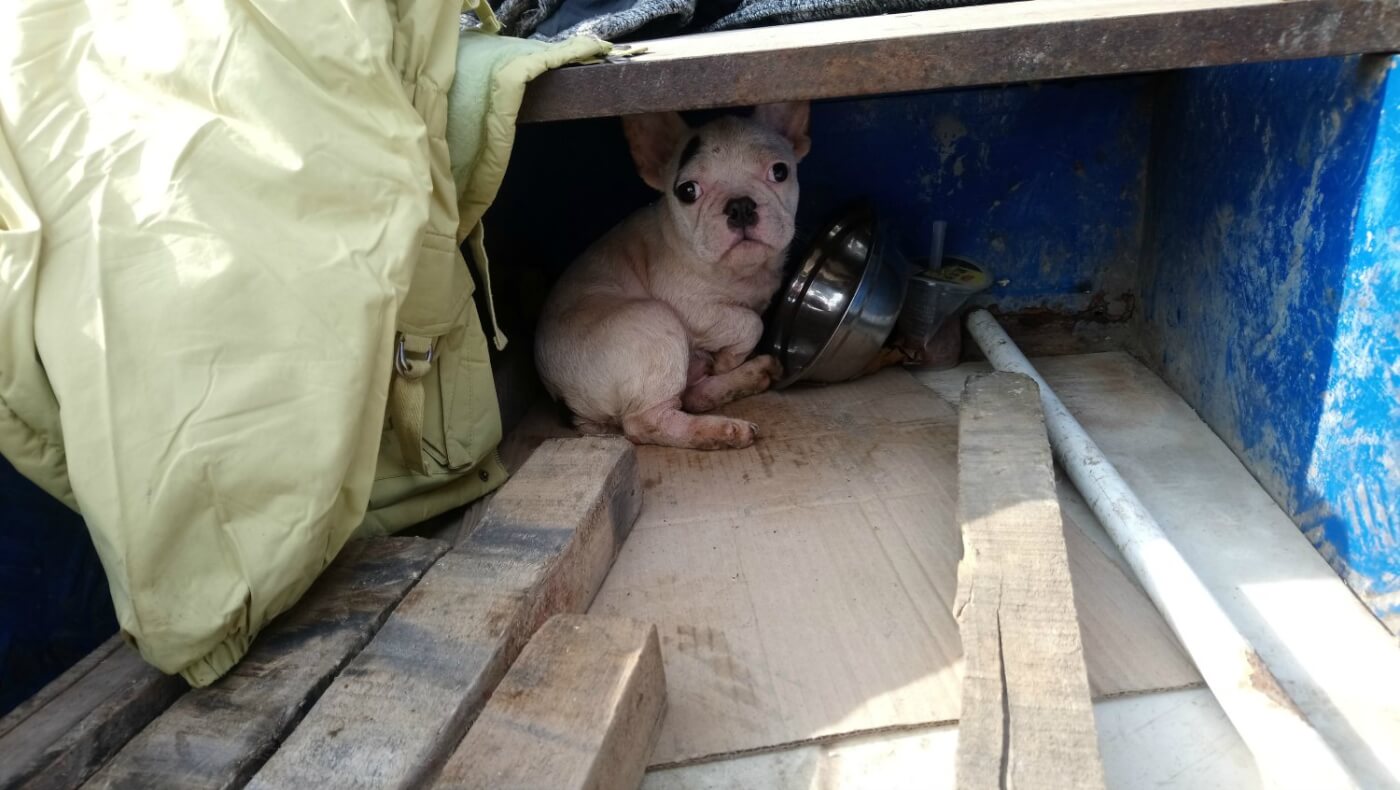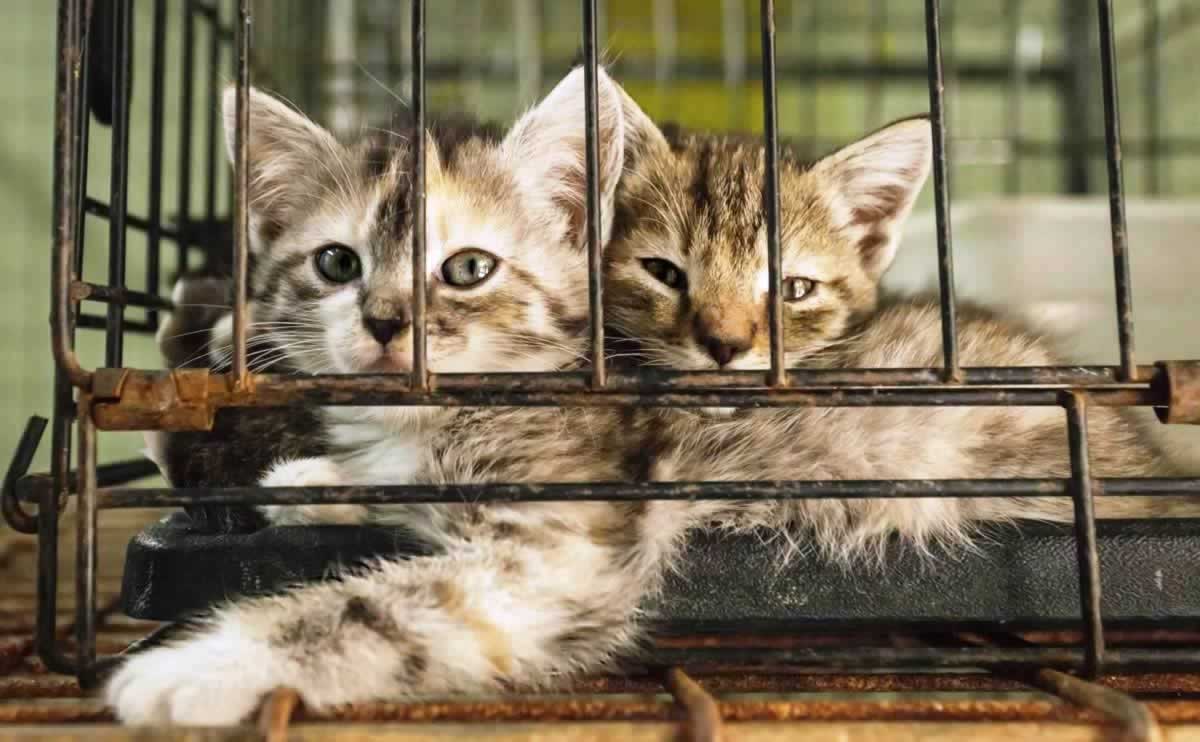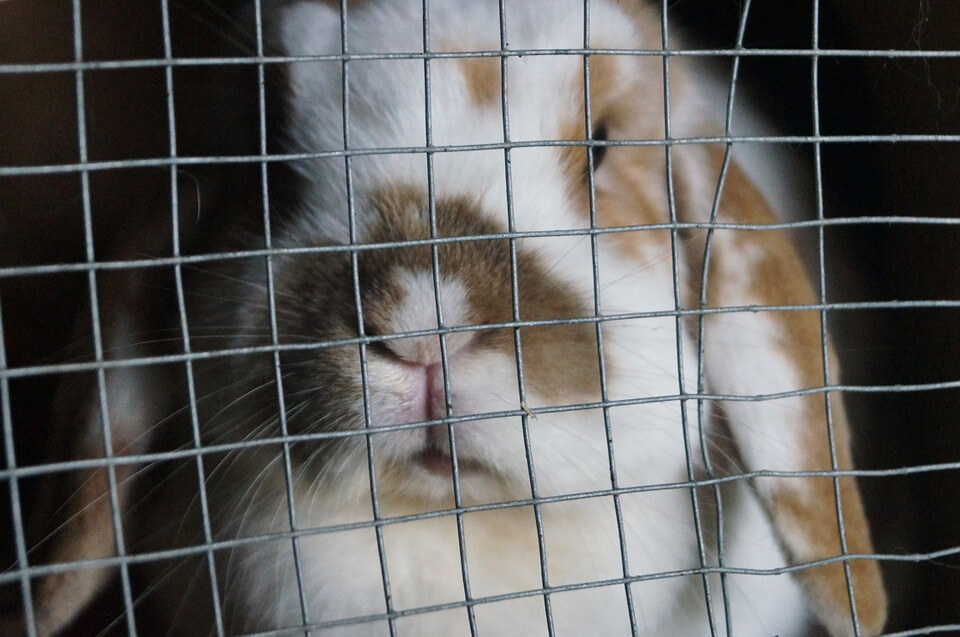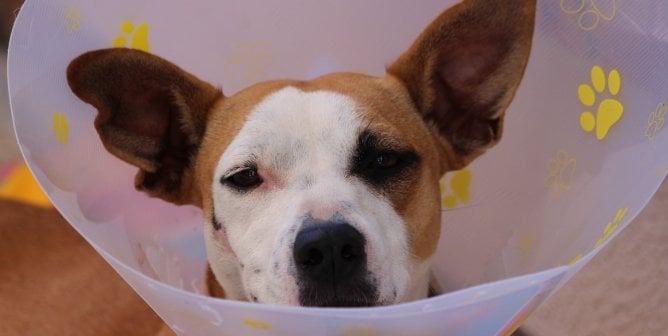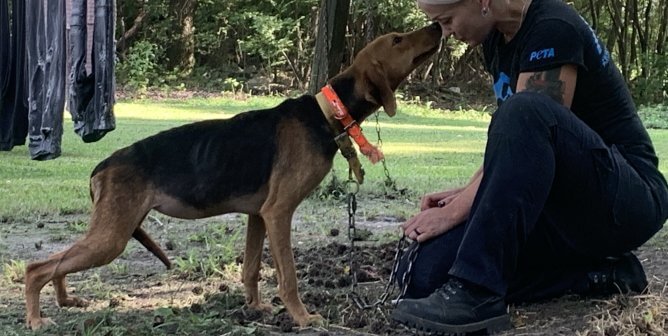4 Reasons Puppies and Other Animals Are NOT Acceptable Christmas Gifts
Animals, like us, require love and proper care to flourish. Although people who give animals as gifts invariably have good intentions, it is unfair to give a living, feeling being to anyone unless you’re absolutely certain that the recipient wants that particular animal as a companion and is willing and able to provide a lifetime of proper care.
Animals deserve the best lives possible. Being given as a gift will make that outcome less likely. Below, read why dogs, cats, and other animals should never be carelessly given to anyone.
Is That a Drug-Resistant Infection Under Your Tree?
Just because you think a puppy under the Christmas tree will look cute doesn’t mean that he or she will make a good holiday gift. And if you’re thinking of buying an animal from a pet store, beware: You could also be giving your loved one diarrhea, stomach cramps, and a fever.
PETA Warns Not to Give Animals as Gifts After CDC Links Infection to Puppies
Officials at the Centers for Disease Control and Prevention (CDC) believe that 2019’s outbreak of Campylobacter jejuni—which infected dozens of people across 30 states—originated with puppies purchased from pet stores.
According to the CDC, “Many of the cases had contact with puppies or were employees at pet stores, including Petland,” (a pet store chain with a history of neglecting and mistreating animals). Moral of the story: Never buy from pet stores or breeders, which treat sentient beings as mere moneymaking commodities and contribute to the animal overpopulation crisis.
There’s no such thing as a responsible breeder, but you can be a responsible gift-giver.
If—after extremely careful thought and consideration—you do decide to welcome an animal companion into your family, please visit your local open-admission shelter, where animal safety is a high priority.
Is Your Gift’s Recipient Prepared to Care for an Animal?
Adding animal companions to the family is an important decision. It means making a permanent commitment to care for and spend time with them and to provide for their lifelong care.
Before adopting, consider the time and money involved in proper animal care. Will your loved ones have the time and patience to offer exercise and housetraining? Are they prepared to pay for food, accessories (such as toys, grooming supplies, leashes and harnesses, and bedding), inoculations, and veterinary care, including spaying or neutering, flea treatment, deworming, and emergency care?
If a family decides to adopt an animal, all the members should go to the local animal shelter together to choose one, having already discussed the obligations and long-term commitments involved. Please, never buy from breeders or pet stores, and always practice your ABCs—animal birth control. For every animal purchased from a breeder or a pet shop, a potential home is taken away from a homeless one at a local animal shelter.
An Animal Could Be the Worst Gift for a Child
Small children may unintentionally harm animals, even breaking their fragile bones or causing other fatal injuries, when they think they’re playing. Puppies, kittens, baby rabbits, chicks, ducklings, and other young animals are especially vulnerable.
We’ve heard too many stories about families in which the child lost interest in an animal, and the adult was forced to make the difficult decision regarding the best way to “solve” the problem. Often, this means turning animals over to a crowded shelter or—worse—passing them on to a series of homes, causing trauma, psychological scarring, and behavioral problems.
Too Few Happy Endings
Animal shelters are filled beyond capacity with homeless animals, many of whom were former “pets” who, for one reason or another, didn’t fit into someone’s lifestyle. No matter how much they would like to, many people who receive animals as gifts find that they’re unable to make the lifelong commitment to care for their new companion.
Sadly, many people end up turning animals they received as gifts over to an overburdened humane society or animal-control agency that is likely already filled to capacity. In worst-case scenarios, some people even abandon them on the road or in the backyard when moving away.
What You Can Do to Help Animals This Holiday Season
- Don’t ever give an animal as a gift. If you have discussed the idea with the prospective recipients and know that they have the time, willingness, ability, and resources to make the serious commitment to care for a new companion, consider offering them a gift certificate for a local animal shelter.
- If you attend a fair, flea market, or other event where animals are being given away, talk to those responsible. If people are offering free kittens or puppies, for example, explain the risks of giving animals to unknown passersby—some people sell them to laboratories or dealers, and others abuse, neglect, or abandon them.
- Sign our pledge saying that you will never buy an animal from a pet store or a breeder and that you will always practice your ABCs (animal birth control) by having your animal companions spayed or neutered.

